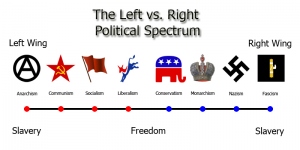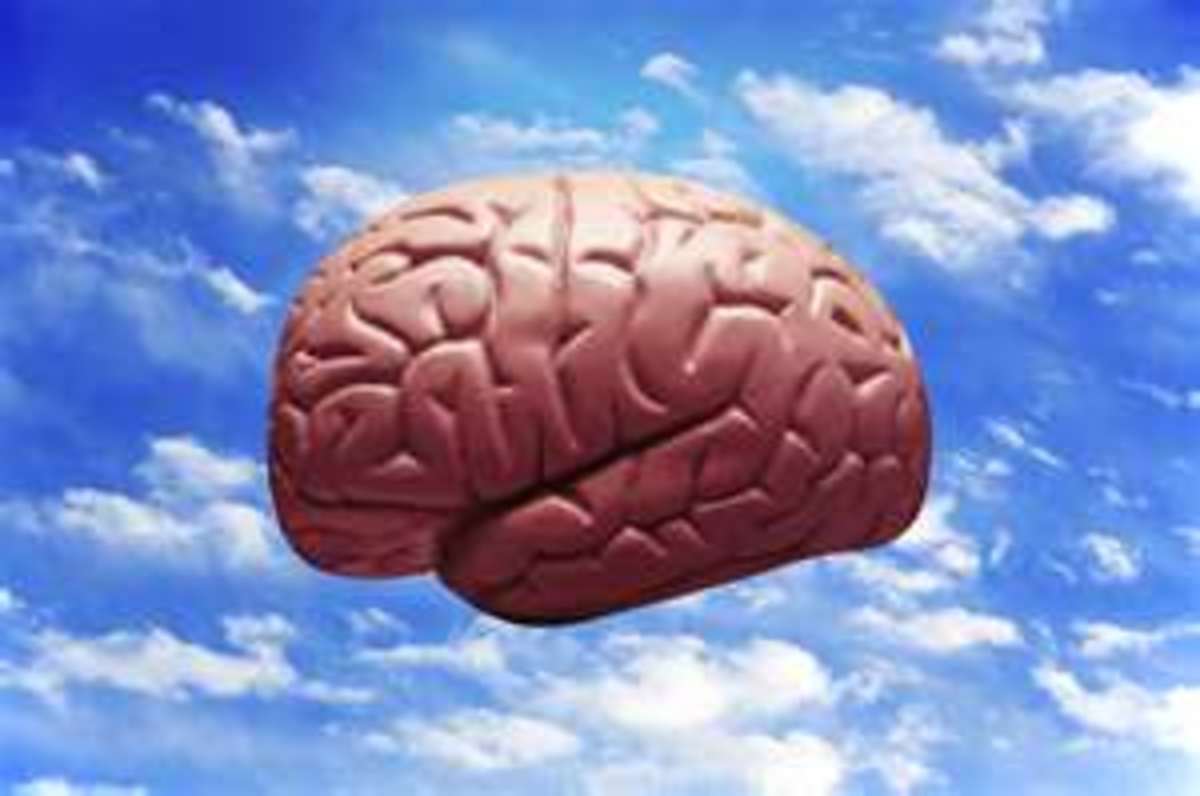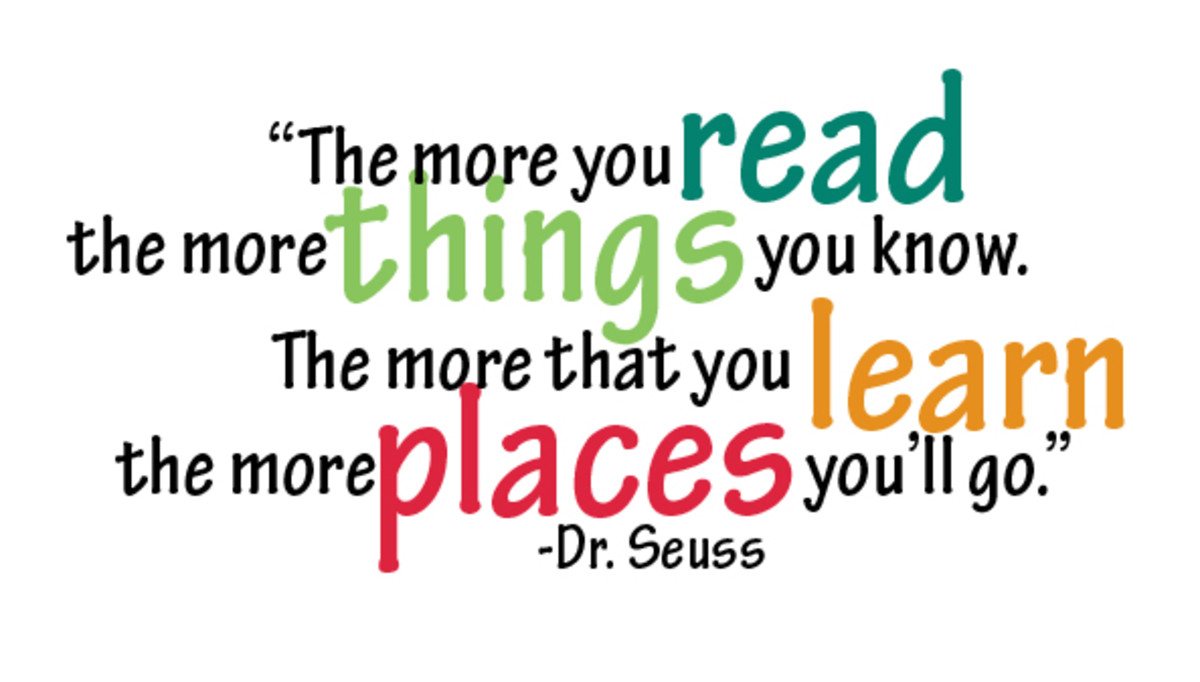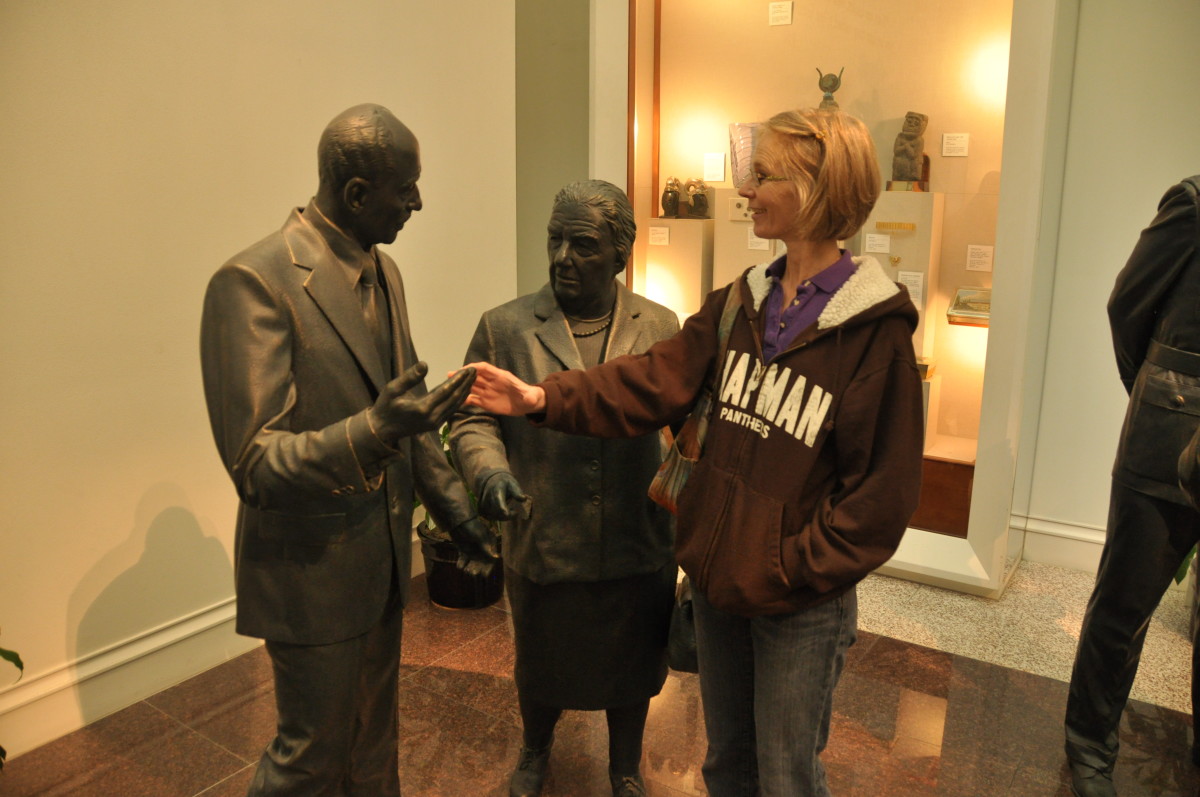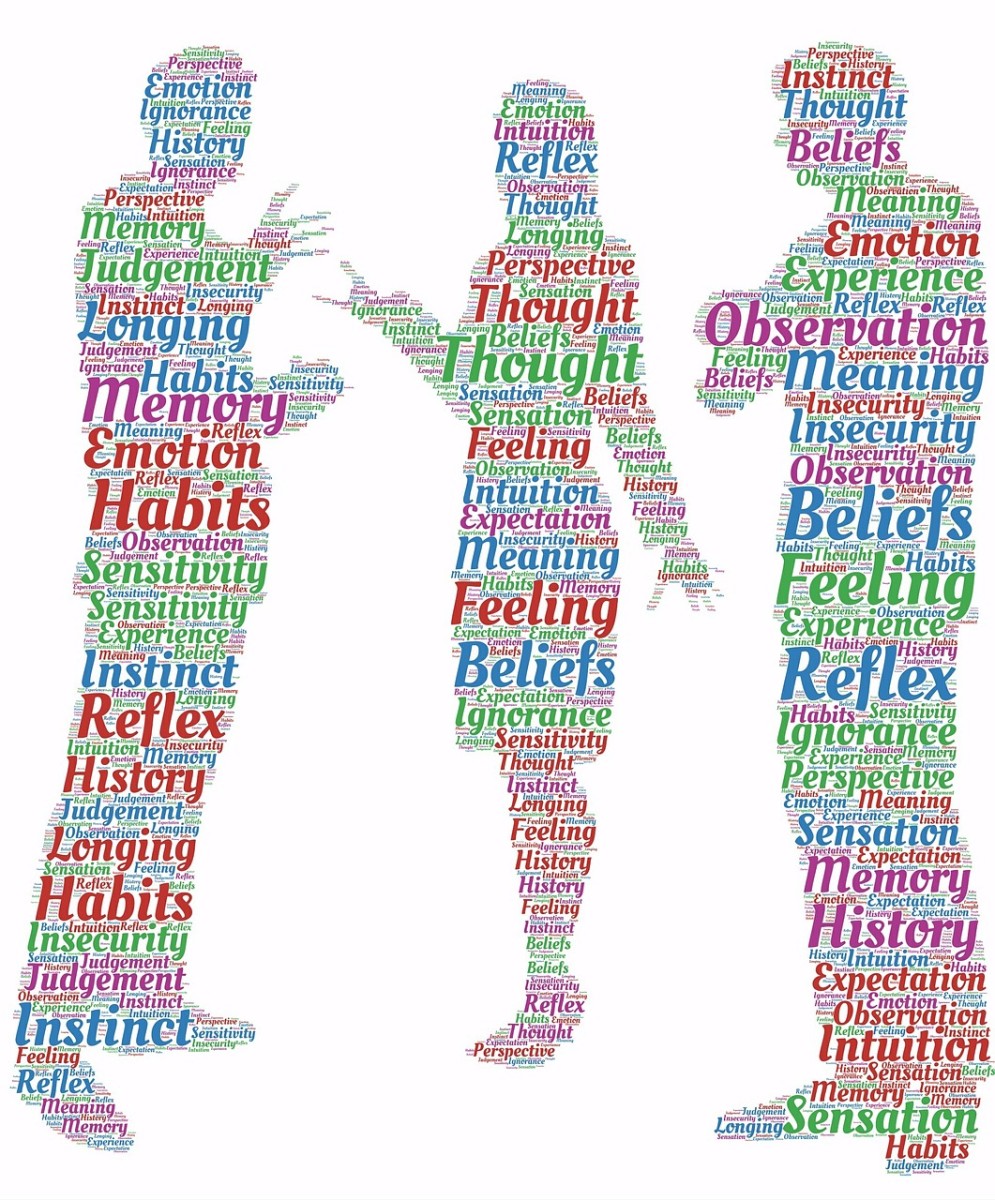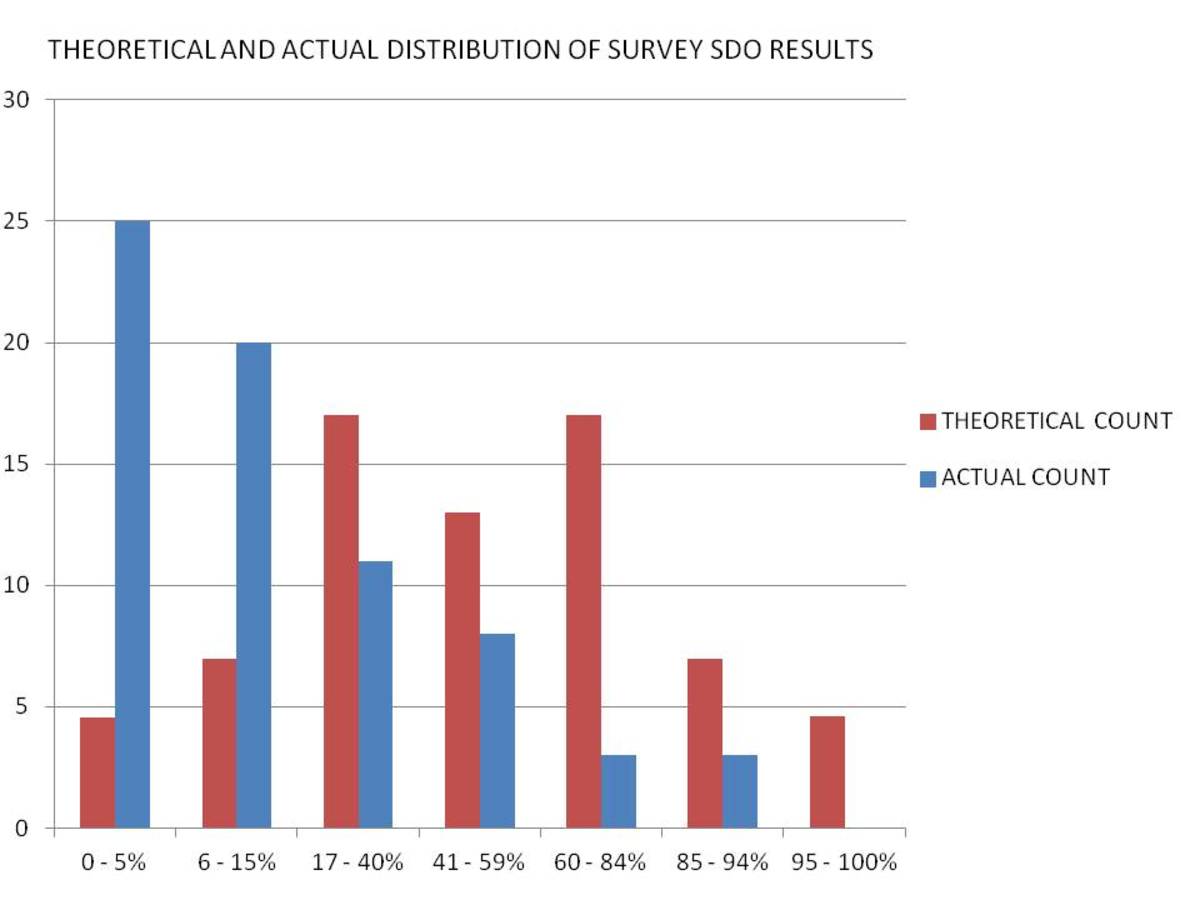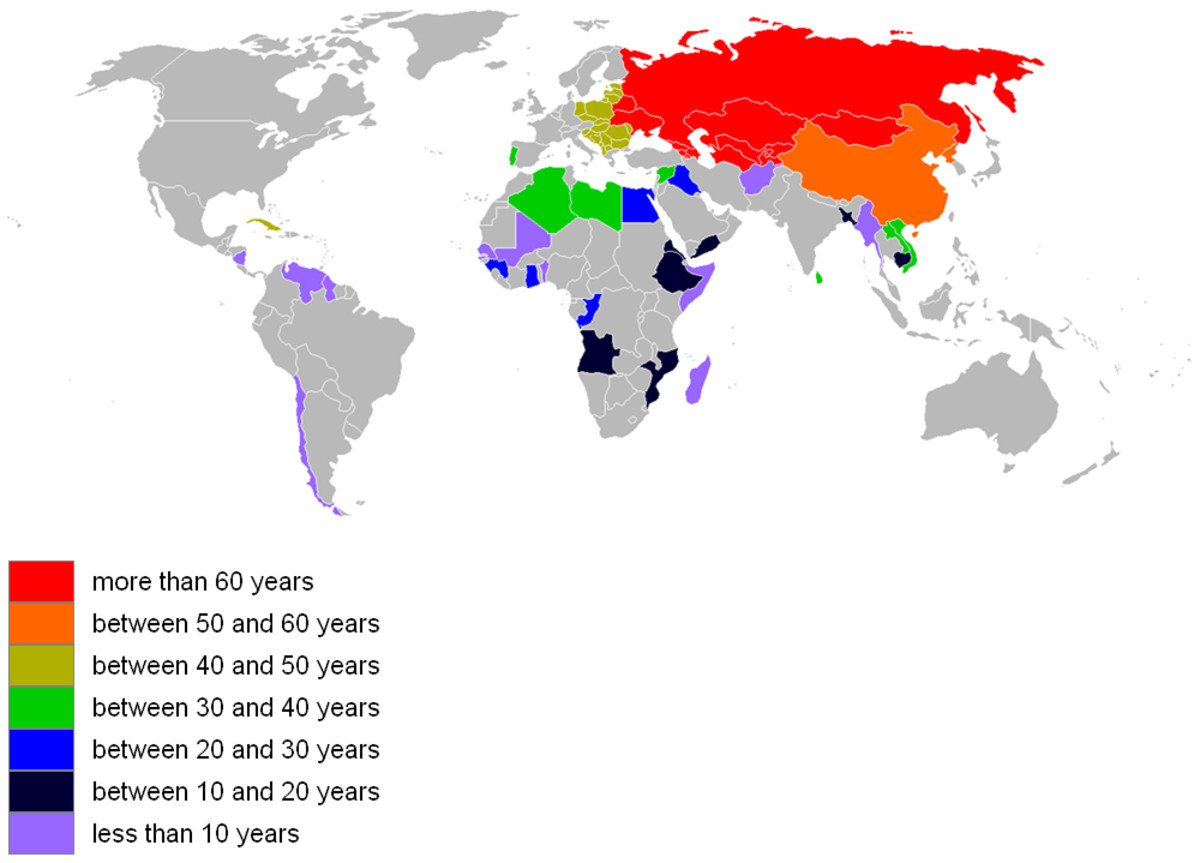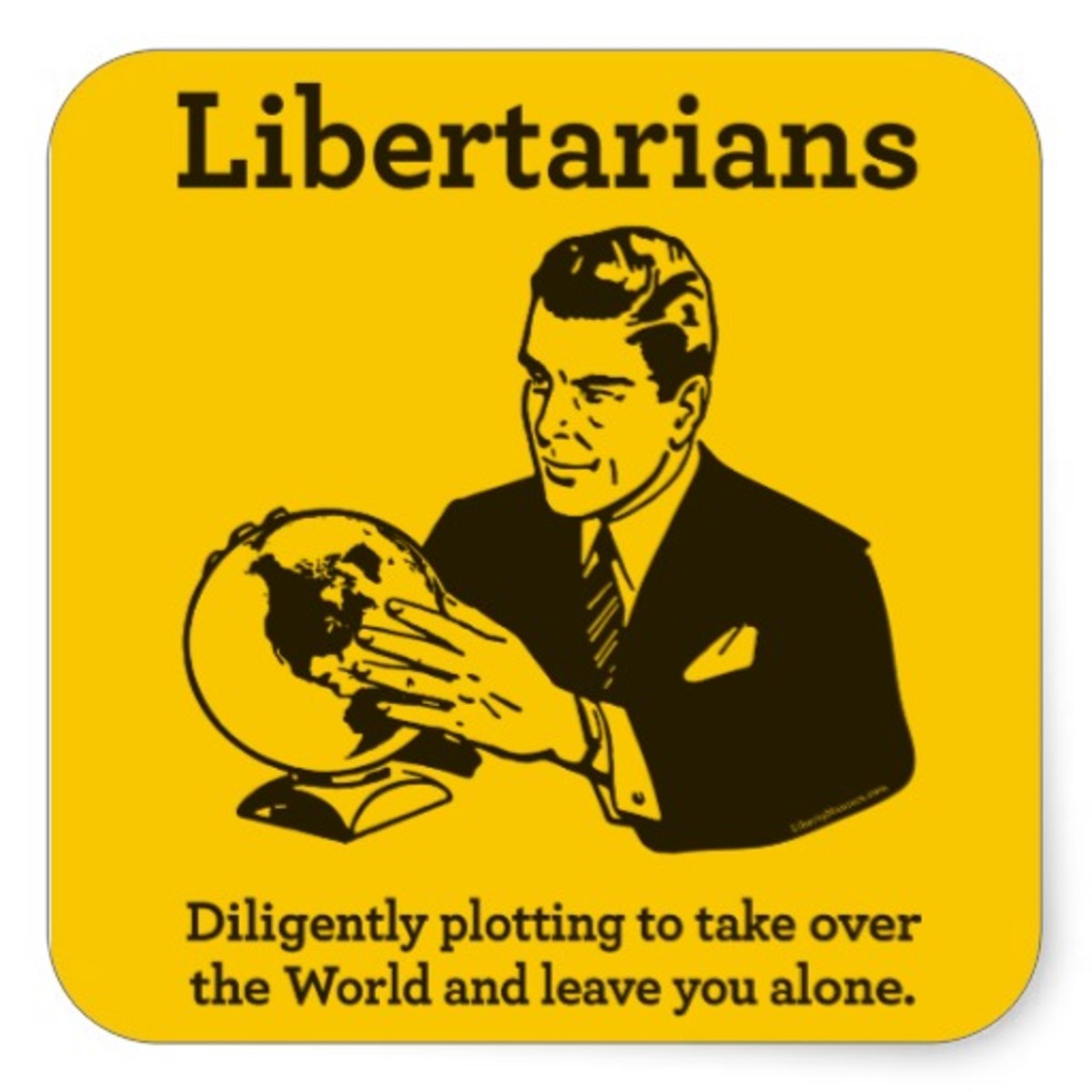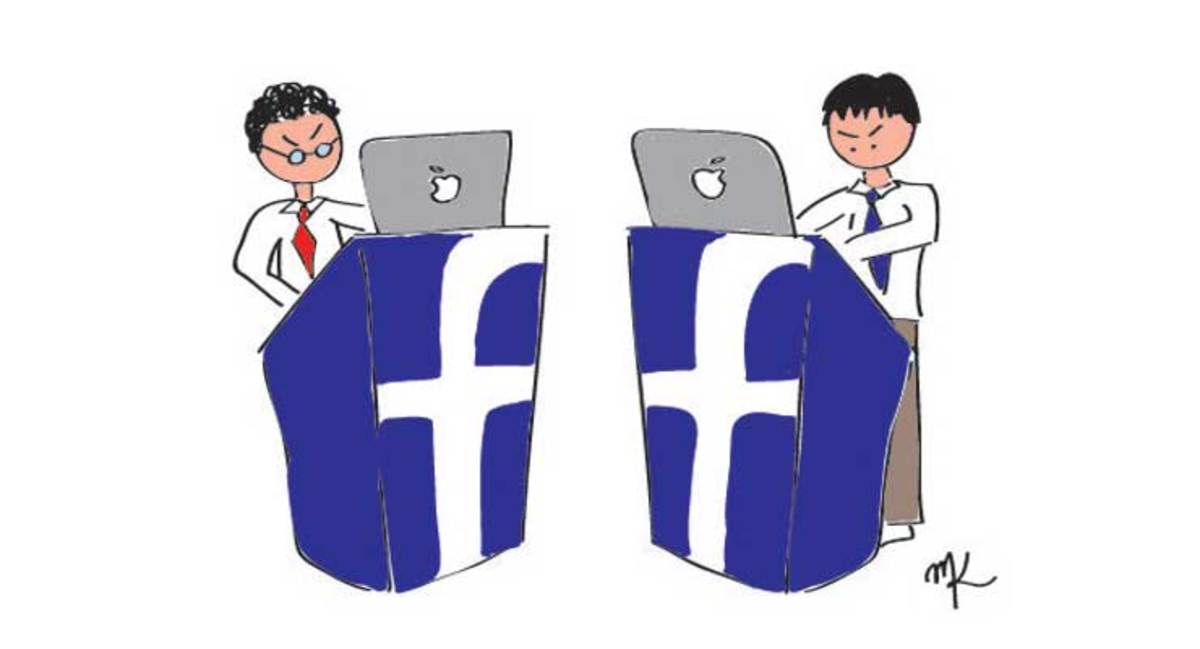Are You a Liberal or a Conservative?
It is becoming harder and harder to know where you really fit into the political spectrum. Being a Democrat or Republican, Labor Party or Unionist has little bearing on whether you are a liberal or conservative. Although there is a general leaning of these parties towards one spectrum or the other, every political party includes liberals and conservatives. So where do you stand?

Political Philosophy
You can be a liberal or conservative and still identify with any political party. Parties establish visions and formulate ideal policies and you as a voter decide if you agree with them or not. Being liberal or conservative is more about the values and methods used to determine political action.
Do you....
- believe society needs dramatic improvement and are willing to invest in change?
- believe the national government needs to be strong to protect civil rights, provide development programs for individuals and oversight and regulation of industry?
- look toward the future as holding more potential than the present?
Or do you...
- believe current society should be valued and invested in to unlock it's full potential?
- believe the national government should respect individual achievement, allow local governments to flourish, and help guide moral choices in our communities?
- respect the traditions of the past and value experience more than experimentation?
If you agreed with more of the first set of statements you may be a liberal. The second set tend to be conservative views.
Liberal Beliefs
Liberals have a lot of tags applied to them. Idealistic, optimistic, free-thinking and social come to mind. Liberals are sometimes associated with issues such as the environment but liberalism is not about specific causes. It is about the political philosophy behind them.
Liberalism consists of these ideas:
- A strong belief in advocacy programs that further the development of the individual, and supported by the government.
- Government is used to provide for the people and regulate entities to ensure fairness and consumer safety.
- All men are brothers and human rights are important.
- A willingness to experiment for the future.
- A broad interpretation of the "elastic clause" which stretches the powers of government.
- The individual places responsibility in their elected representatives who are expected to use good judgement to decide what is best for all of us.
- Foreign affairs should be conducted by winning hearts and minds through negotiation and compromise.
Conservative Beliefs
Conservatives are likewise labeled. Traditional, realistic, fair-minded and individualistic are some of them. Conservatism is the political philosophy behind issues such as lowering taxes.
Conservatism consists of these ideas:
- A strong belief that the government needs to respect the individual and not interfere with their daily lives, nor be responsible for their daily needs.
- Government is used to provide moral guidance and oversight but most decisions should be made by local people governing themselves.
- Individual achievements should be valued and your hard-work and accomplishments determine your opportunities.
- A respect for experience and preservation of traditions.
- A strict interpretation of the "elastic clause" and limit powers of government.
- The greatest responsibility for government is in the individual.
- Foreign policy negotiation should be backed by a strong military.
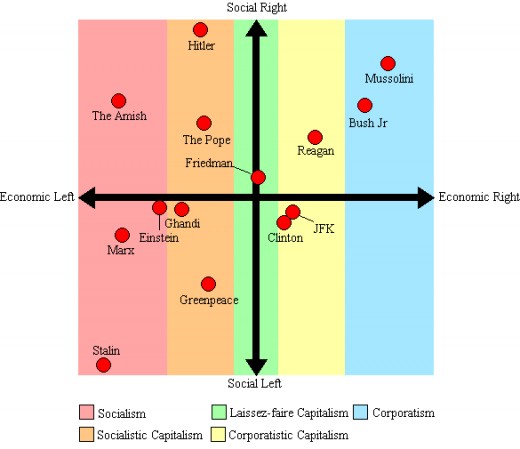
The Political Spectrum
Conservative or liberal, you rarely firmly believe every single tenet of a political philosophy. On the political spectrum, starting in the middle of the road and diverging to the left and right eventually winds up coming back around to Anarchy. Both left and right can descend into Totalitarianism - a repressive form of strong, tightly-controlled government with different ideas about economic policy. For conservatives that is Fascism, most famously seen in the Nazi regime of World War II Germany. For liberals, that is Communism, formerly of the USSR and still practiced in China, Vietnam, Cuba and a handful of other locations.
Another important thing to remember is that what is liberal and conservative changes. Today, liberalism is defined by it's belief in strong government but in the 1400s through 1800s the liberals were advocating the individual and less government. Conservatives were monarchists trying to preserve empires. The lessons to be learned from these regimes is the dangers of swinging too far to either left or right. Because people's beliefs are diverse, compromise is required to preserve democracy and freedom. The best way to ensure you can advocate and subscribe to your political beliefs is to make sure everyone can.
